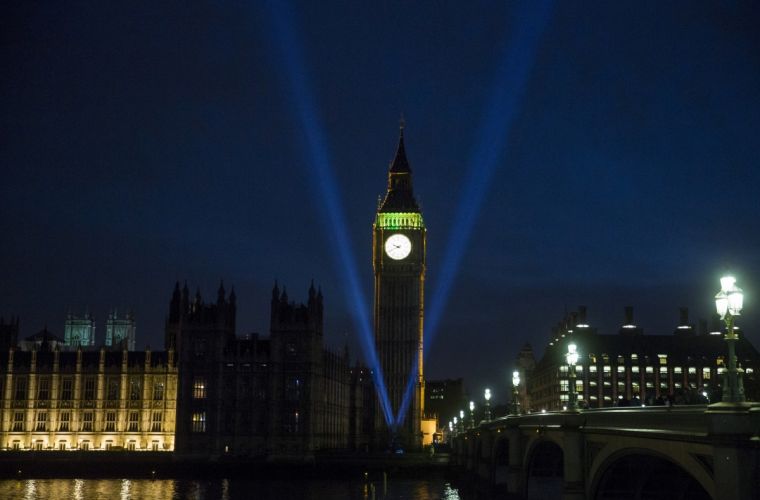Church reacts to 'disappointing' Budget that 'could have gone much further' for the poorest
The Church of England has expressed qualified disappointment at elements of the Chancellor's Budget today, saying it 'could have gone much further to help the many at the sharp end struggling to get by'.
In a carefully balanced statement responding to the Budget delivered by Philip Hammond this afternoon, the Bishop of Birmingham, David Urquhart, Convenor of the Lords Spiritual, said: 'Across the country churches support and are in touch with those who experience poverty or financial difficulty as a result of low pay, illness, or debt.

'The Budget statement provided an opportunity to make a difference to the lives of the most disadvantaged at a time when the cost of living is rising. The country faces substantial financial challenges and the growth forecast downgrades are worrying. But whilst the Chancellor has limited room for manoeuvre, there is more that could have been done to alleviate the situation of those who are struggling to manage. Deficit reduction is important, but should be achieved in ways that promote fairness, generosity, and sustainability. Bishops frequently raise these issues in the House of Lords and in meetings with ministers, and will continue to do so.'
On planned benefits cuts and reforms, the Bishop said: 'Looking ahead, existing pre-planned cuts to the work allowance will still push many low income working families into poverty. This is why so many had called for these cuts to be reversed in today's Budget and it is disappointing that the Chancellor has not acted.'
Speaking on behalf of the Church, he added: 'It is disappointing that [Hammond] did not take the opportunity to review the freeze in working age benefits. Rising costs have already eroded the living standards of low income families who rely on benefits and tax credits to top up their earnings, and many more are likely to fall into poverty if no adjustment is made. Children's benefits at least ought to be given the same protection from rising prices as is given to the basic state pension.'
Referring to the Budget's flag-ship announcement of an abolition of stamp duty for some first time buyers, Urquhart welcomed the move but raised concerns about the homeless. He said: 'Help...is...very welcome, as is the extra investment to increase housing supply and the removal of unnecessary barriers to housing development. But they need to be matched with attention to other policies that might drive a rise in homelessness. More can be done to improve access to genuinely affordable housing for families on low incomes, not only through investment in social housing, but going further than the Chancellor announced to help those on low incomes in private rented housing. This would help prevent the rise in rent arrears and numbers of vulnerable homeless people across the country, and would complement the Government's Homelessness Reduction Bill and other policies to reduce rough sleeping.
On tax avoidance, the Bishop said: 'Tax avoidance by multinational companies affects the poorest countries in the world, as well as funds available for schools, hospitals and other public services here in the UK. The Government already has the power to require UK-based multinationals to publish their tax arrangements in every country. Now more than ever we need a corporate tax system that promotes trust and accountability here in the UK, and justice and proper investment overseas.'











